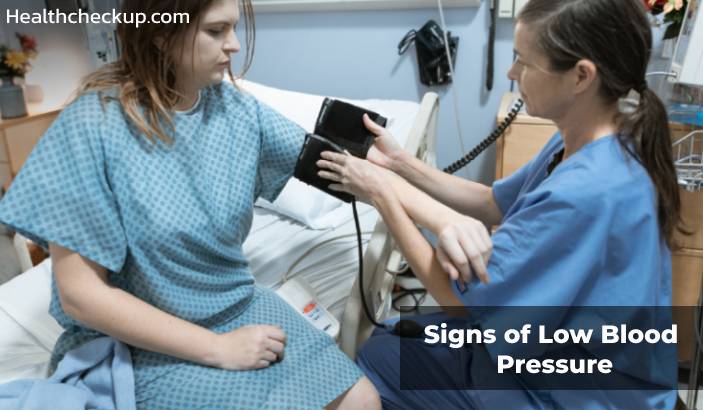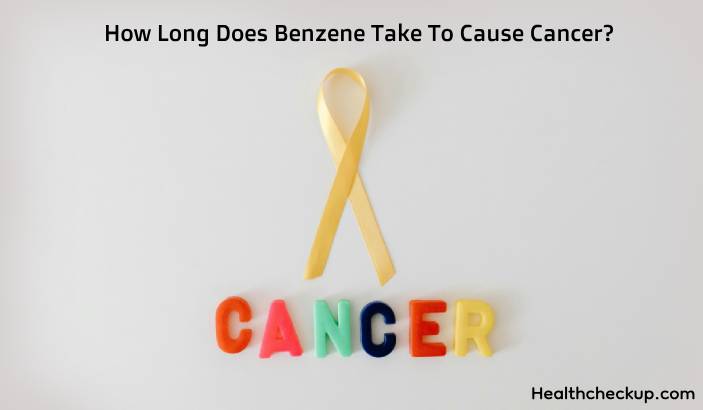Introduction
Low blood pressure, also known as hypotension, is a medical condition in which the systolic blood pressure is lower than 90 mm Hg or the diastolic blood pressure is lower than 60 mm Hg. A sudden reduction in blood pressure may be due to some medical conditions such as pregnancy, an endocrine disorder, dehydration, septicemia (severe infection), anaphylaxis (severe allergic reactions), and sudden loss of blood (shock). Patients must not ignore the signs of low blood pressure.
Signs of Low Blood Pressure
Some of the low blood pressure symptoms are:
- Blurred Vision:
In low blood pressure conditions due to inadequate blood supply to the eyes, blurred vision is a prevalent symptom. - Vertigo:
In low blood pressure conditions, dizziness is mainly caused due to insufficient blood supply to the neurons of the brain. - Syncope:
Syncope is a temporary loss of consciousness. It is caused when the blood pressure is too low, and the heart doesn’t supply enough blood to the brain. - Fatigue or weakness:
Fatigue or weakness is mainly caused due to insufficient oxygen-rich blood flow to the body’s muscles. As a result, it decreases the metabolism in sites leading to fatigue or weakness. - Nausea:
The Chemoreceptor trigger zone mainly triggers nausea and vomiting (medulla oblongata) and nerve impulses from the stomach and intestine. Due to low blood pressure, these can be activated. - Unusual thirst:
Due to low blood pressure, the receptors regulating thirst are activated, causing an increase in the thirst of the person. - Agitation or unusual change in behaviour:
Low blood pressure patients show unusual agitation and change in behaviour due to adequate blood supply to the neurons of the brain. - Cold, pale skin:
The inadequate supply of oxygen-rich blood to the skin makes the skin look pale, and there is a sudden drop in body temperature of a person - Depression:
A study shows that patients with low blood pressure are more likely to suffer from depression than those with normal blood pressure. - Rapid, shallow breathing:
Due to the deficiency of oxygen in the brain and body organs, breathing becomes rapid and shallow to compensate for the oxygen requirement of the body. - Oliguria:
Due to decreased blood pressure, the urine production of the patient is decreased due to a decrease in the Glomerular filtration rate of the nephrons. - Change in heart rhythm:
In conditions of low blood pressure, the heart beats irregularly to compensate for the low level of oxygen-rich blood reaching the brain and tissues. - Chest pain:
Low blood pressure occasionally causes chest pain due to inadequate blood supply to the heart’s muscles. - Confusion or troubled concentration:
Low blood pressure occasionally causes confusion, and the patients have trouble concentrating due to inadequate blood supply to the brain cells. - Allergic reactions such as swelling:
Low blood pressure due to decreased blood volume causes a decrease in sodium level in the body fluid, causing the water to rush into the cells causing tissues to swell. - Acute renal failure (ARF):
Low blood pressure decreases the glomerular filtration rate (GFR) of the nephrons in the kidneys. As a result, it reduces the urinary excretion causing an accumulation of waste products in the blood and making it hard for the kidney to maintain the right balance of fluid in the body, causing acute renal failure. - Dehydration:
Low blood pressure sometimes causes dehydration due to a low volume of fluid in the body, causing a decrease in GIT motility. - Seizures:
Low blood pressure may occur due to a decrease in the blood volume and causes a low level of blood sugar level in a person. It may sometimes cause seizures. - Sweating and fever:
Sweating and fever are seen in cases of low blood pressure caused by microorganisms. - Headache and stiff neck:
Headaches and stiff neck are caused mainly due to inadequate blood supply to the brain cell and neck muscles, respectively.
Conclusion
Low blood pressure or hypotension is a moderate medical condition, but if kept unchecked for a long time can cause severe consequences and even be fatal in some cases. Therefore, always keep an eye for signs of low blood pressure, such as nausea, headache, excessive sweating, unusual thirst, syncope, and vertigo. Consult the doctor if the patient experiences low blood pressure signs.

Rohit Jain is an IPR Specialist and Medical Content Writing Expert. For over a decade, he has written several articles in the areas of female infertility, Erectile dysfunction, hemangioma, cervical cancer, monoclonal gammopathy of undetermined significance, mononucleosis, mitral valve disorder, nerve sheath tumor, shin splints, mild cognitive impairment, cellulitis, brain metastases, atelectasis, MCAD deficiency, lymphoma, sepsis, cardiac rehabilitation and metabolic disorder among others.








